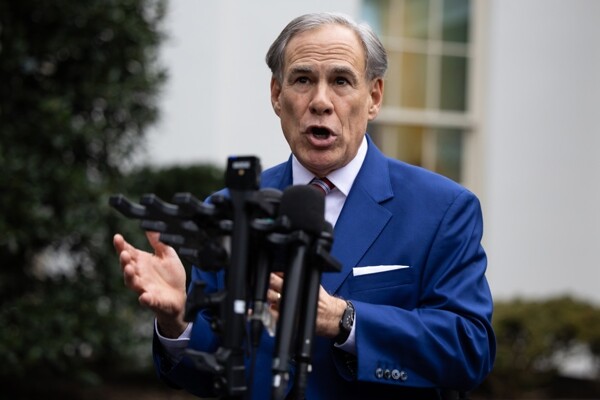
The President of the United States, Donald Trump, aims to exempt from taxes Americans earning less than $150,000 a year, according to Commerce Secretary Howard Lutnick in recent interviews with national media. Lutnick emphasized that Trump’s goal is clear: no taxes for those earning less than $150,000 annually. He stated that the President's policies generate revenue and that possible economic repercussions could arise from opposition-related issues.
In February, the U.S. House of Representatives approved a budget resolution that supports Trump's agenda, which focuses on tightening immigration policy, increasing tax cuts, and reducing public spending. It plans to cut $1.5 trillion over the next decade and extend $4.5 trillion in tax reductions. Howard Lutnick pointed out in an interview with CBS that he is working on this fiscal goal of the President once the budget is balanced.
Additionally, the secretary addressed the possibility of implementing one of Trump’s highlighted proposals from the last campaign: not taxing tips for service workers. In this regard, Lutnick suggested reviewing other measures, such as not taxing overtime and eliminating social security, although he did not specify details on this. In defense of Trump’s economic policies, which include a tariff dispute with Canada and Mexico, Lutnick argued that despite fears of a recession, they are worth it.
Trump’s various proposals have sparked debates about their economic and social implications. Although it has not been confirmed when the measure to exempt Americans earning less than $150,000 a year from paying taxes might come into effect, these initiatives remain a focal point of interest and controversy in the political and economic sphere.














